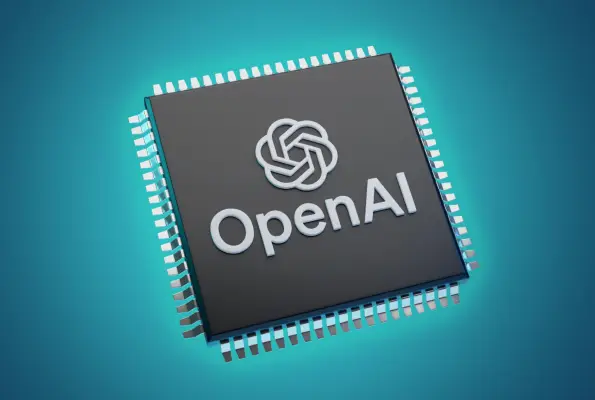OpenAI and the American semiconductor behemoth Broadcom have teamed up to create their first AI chip in 2026. According to the Financial Times report, OpenAI intends to use the chip internally rather than make it available to outside clients. There was no official comment on this either from OpenAI or Broadcom.
Significant processing power is required to train and operate OpenAI’s system for delivering human-like answers to queries. In 2024, Reuters reported that OpenAI was about to develop its first in-house chip to power its artificial intelligence, and for this, it was working with Broadcom and Taiwan Semiconductor Manufacturing Company (TSMC). The company was also incorporating AMD chips alongside Nvidia chips to meet the surge in infrastructure demands.
The experts stated that the company had looked at a number of options at the time to diversify its chip supply and cut expenses. Reuters reported in February 2025 that the company is planning to develop its first generation of in-house AI silicon in order to lessen its dependency on Nvidia for chip supply.
The ChatGPT manufacturer was set to send the design for its first in-house chip to Taiwan Semiconductor Manufacturing Company Limited for fabrication in the coming months.
After obtaining orders for over USD 10 billion in AI infrastructure from a new customer, Broadcom CEO Hock Tan said that the company anticipates revenue growth from artificial intelligence to “improve significantly” in fiscal 2026.
However, he did not reveal who the customer was.
Tan earlier this year had hinted at four new potential customers who were “deeply engaged” with the company to create their own custom chips, in addition to its three existing large clients.
He also stated that a new prospect became a qualified customer last quarter after placing a firm order. He hinted at four new potential clients who were “deeply engaged” with the idea of creating their own custom chips in addition to the company’s three major clients.
OpenAI’s move follows efforts by Google, Amazon and Meta, which have built custom chips to handle AI workloads, as demand for computing power to train and operate AI models surges.


